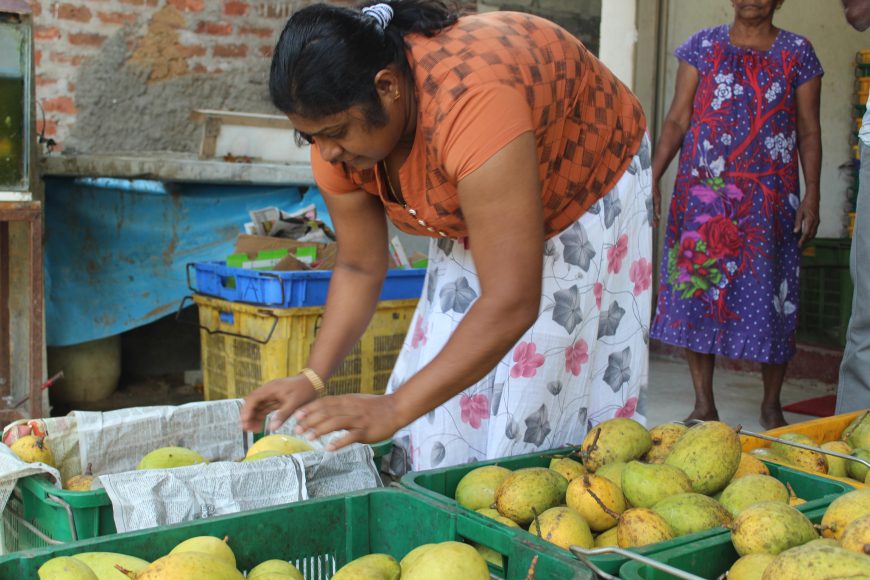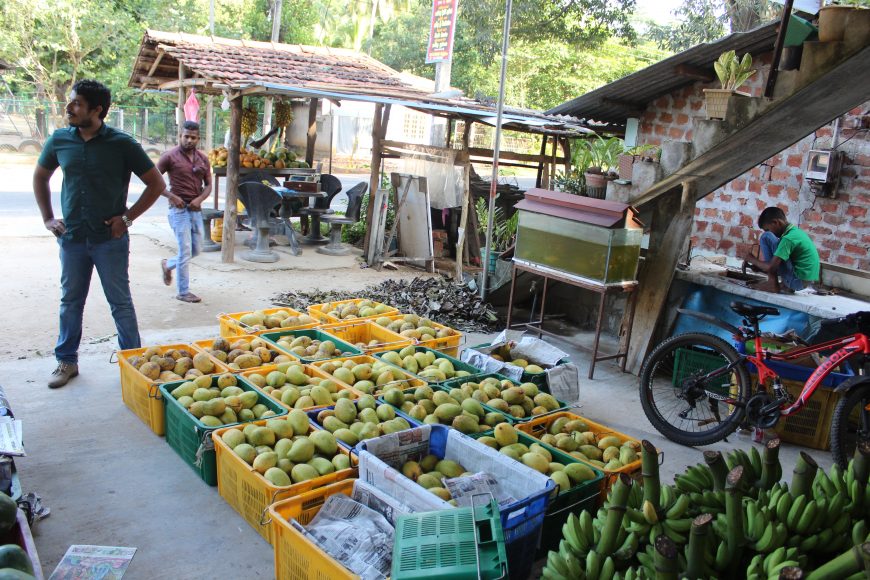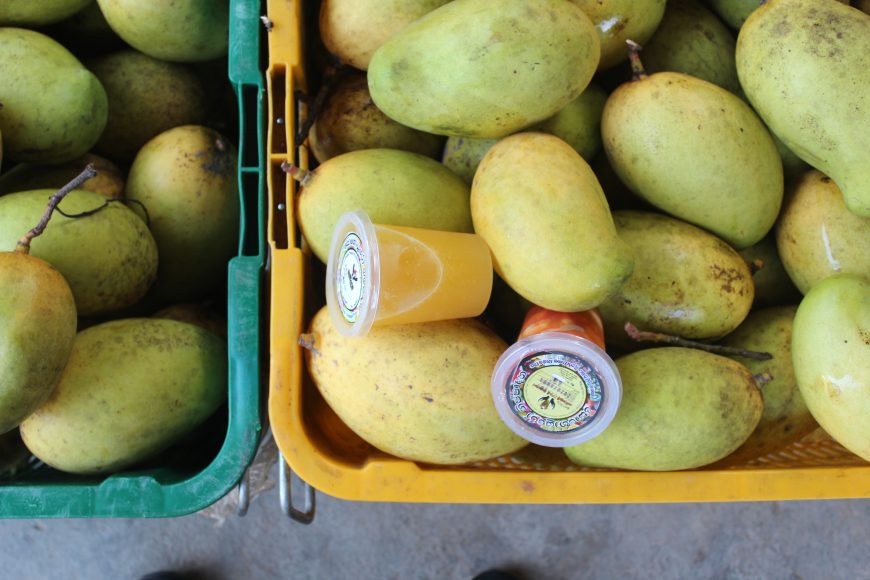Micro, small and medium enterprises (MSMEs) are the key driver of Sri Lanka’s economy, contributing more than half of the country’s GDP and providing 45% of all jobs. Yet entrepreneurs often lack vital technical skills, core competencies in business management, financial capital to invest, and a reliable network to help them expand. Female ownership of these enterprises is very low at 25%, and women-led MSMEs often struggle to transition out of the informal sector.
ACTED’s project supports over 300 Micro, Small and Medium Enterprises in agricultural value chains in Central and Uva provinces. COVID-19 has severely affected these MSMEs and businesses in Sri Lanka, causing the breakdown of markets and supply chains, imposition of import restrictions, and further limiting access to finance in rural areas. In this context, the project has supported small businesses to diversify their businesses, engage in e-commerce and to devise and invest in business recovery plans, thus building resilience.
Building climate and economic resilience
Addara Pathiranalage and her family live in Monaragala District of Uva Province. Addara and her husband began their small business on a very small scale around 15 years ago when they started selling small quantities of mangoes grown on their farm. Together, little by little, the couple has expanded the variety of fruits which they grow and now have a flourishing wholesale fruit business, Sohoyuro Fruits.

ACTED organised technical trainings that have allowed Addara to address the impact of cyclical droughts and other externalities. The trainings demonstrated practical mitigation solutions, including expanding into vegetable production, aligning cultivation with cyclical weather patterns, and implementing seasonal crop rotation. Addara is now practicing this method by cultivating watermelons, a water-absorbent crop, during the rainy season, while growing more water-resilient fruits in the dry season. To mitigate the impact of the business on the environment, Addara reduces waste by investing in reusable crates for transportation and utilising leftover or bruised produce for salads and juices.
Recovering from the pandemic
The COVID-19 crisis has severely affected Addara’s business. During the initial lockdowns in 2020, ACTED set up a temporary digital marketplace in Monaragala to connect producers with distributors and buyers. This supported Addara to continue sales and retain employees during the lockdown. In addition, this ensured many vulnerable families had access to essential food items during that challenging period.
When asked about the success of her business so far, Addara said: “We buy and sell only the best products, and this is why we are successful”. Capitalising on this, she intends to obtain internationally recognised food security certificates that will support the business’ expansion into national and international retail chains.
By adopting more sustainable production practices, Sohoyuro Fruits is contributing to Sri Lanka’s green economic development and competitiveness in the changing markets. Addara’s business is thus an integral contributor to the local economy, not only in terms of sustainable environmental practices, but also through the creation of decent economic opportunities in the district.


